Researchers at Future Perfect have successfully developed an artificial intelligence system capable of resurrecting the voices of deceased famous individuals, including Maya Angelou, Franz Kafka, and other notable figures. The technology, which utilizes advanced deep learning algorithms and natural language processing techniques, allows users to hear the voices of these individuals as if they were speaking in real-time.
According to Bryan Walsh, senior editorial director at Vox, the AI system is able to generate highly realistic and nuanced voices by analyzing the linguistic patterns, tone, and cadence of the individuals' written works and existing audio recordings. "The technology is incredibly sophisticated," Walsh said. "It's not just about mimicking the voice, but also capturing the essence and personality of the individual."
The development of this technology has significant implications for society, raising questions about the ownership and control of digital voices, as well as the potential for AI-generated content to blur the lines between reality and fiction. "This technology has the potential to revolutionize the way we interact with the past," said Dr. Rachel Kim, a leading expert in AI and digital humanities. "However, it also raises important questions about the ethics and responsibility surrounding the use of AI-generated content."
The technology has been in development for several years, with researchers at Future Perfect working closely with linguists, historians, and other experts to ensure the accuracy and authenticity of the AI-generated voices. The system is expected to be released to the public in the coming months, with plans for widespread adoption in fields such as education, entertainment, and cultural preservation.
As the technology becomes more widely available, experts warn that individuals may need to take steps to protect their own digital legacy, including seeking legal counsel to ensure that their voice and likeness are not used without their consent. "If you don't want a synthesized AI voice outliving you, get a lawyer now," Walsh cautioned.
The development of this technology is a testament to the rapid advancements being made in the field of AI, with researchers pushing the boundaries of what is possible with machine learning and natural language processing. As the technology continues to evolve, it will be interesting to see how it is used and the impact it has on society.
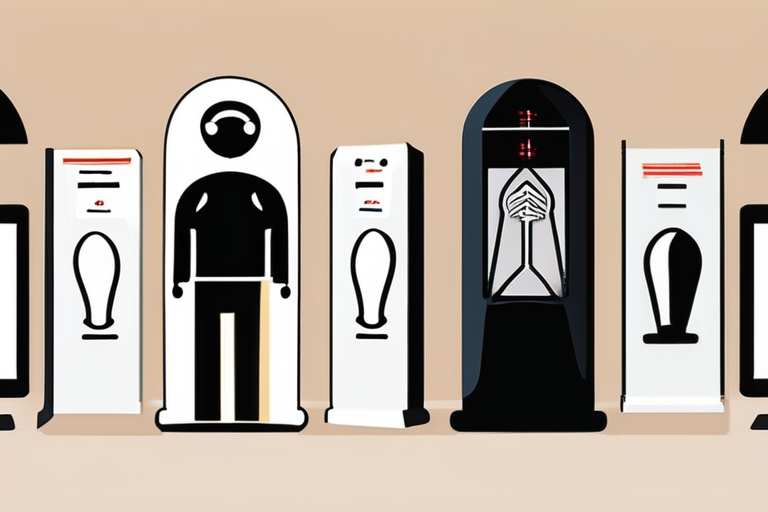



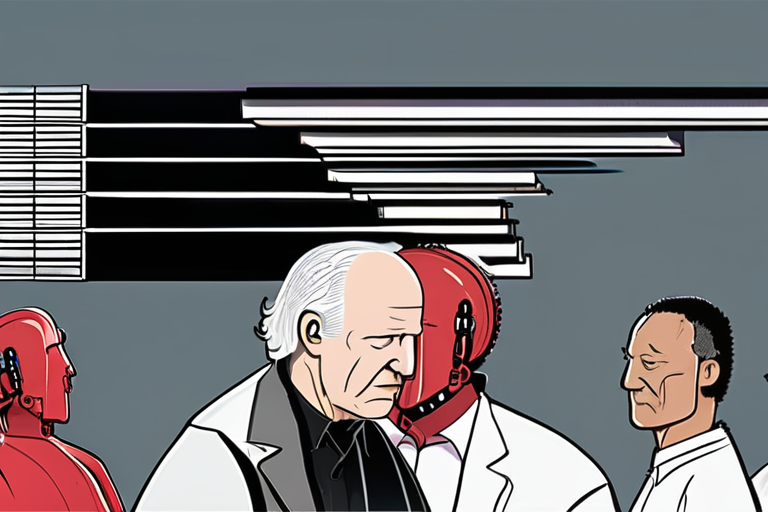

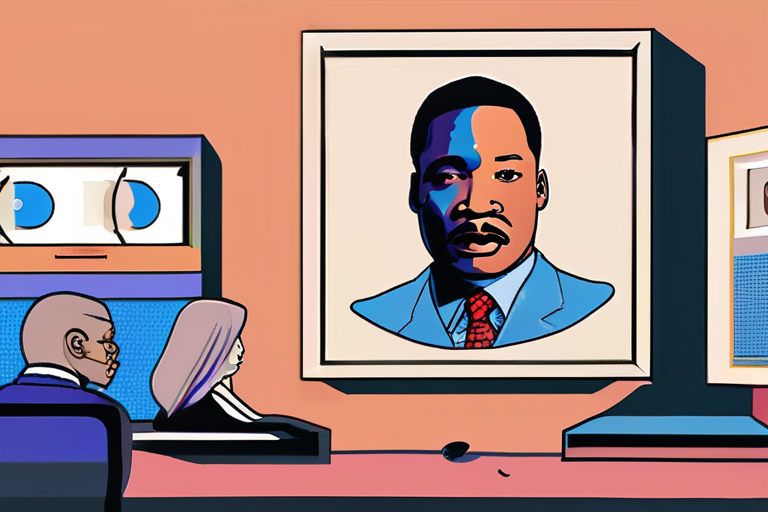




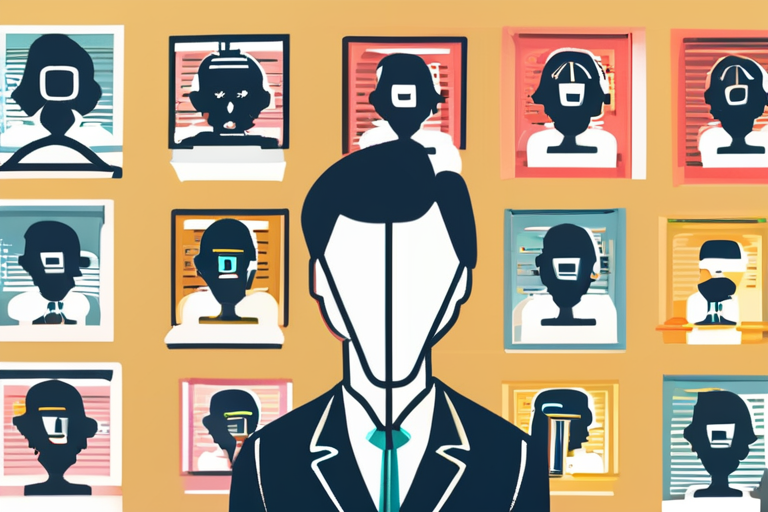

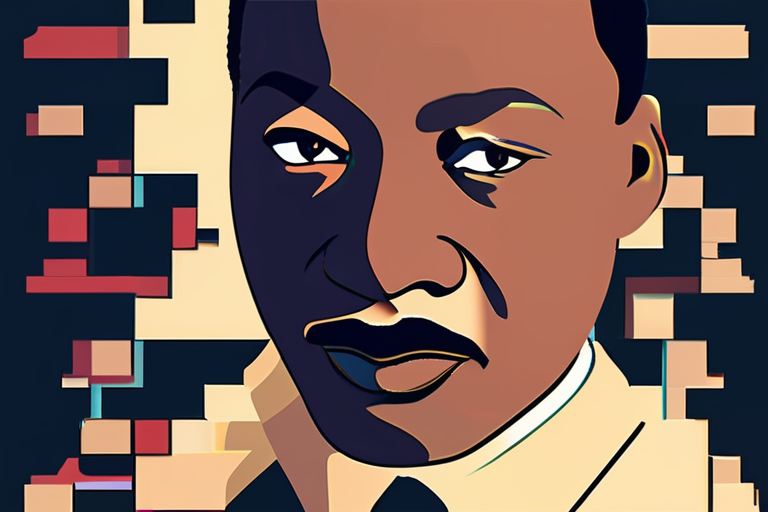
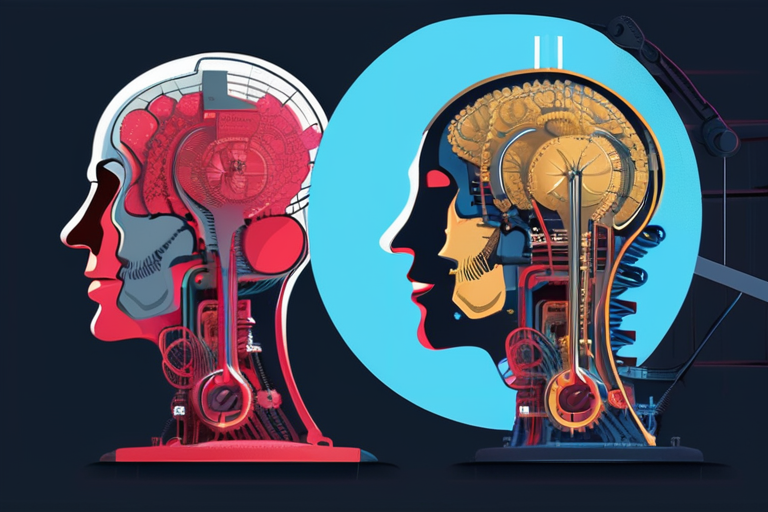

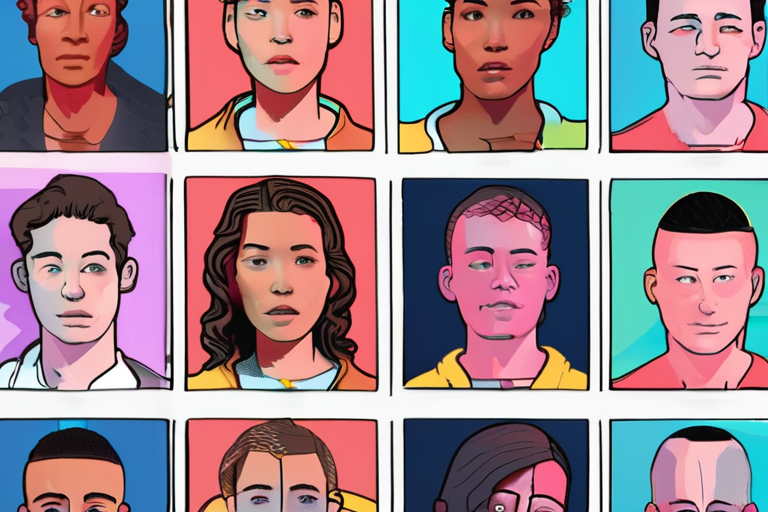


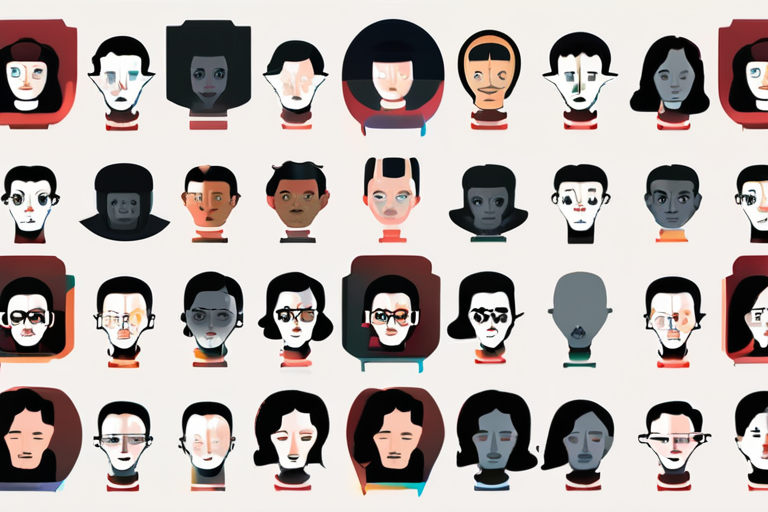


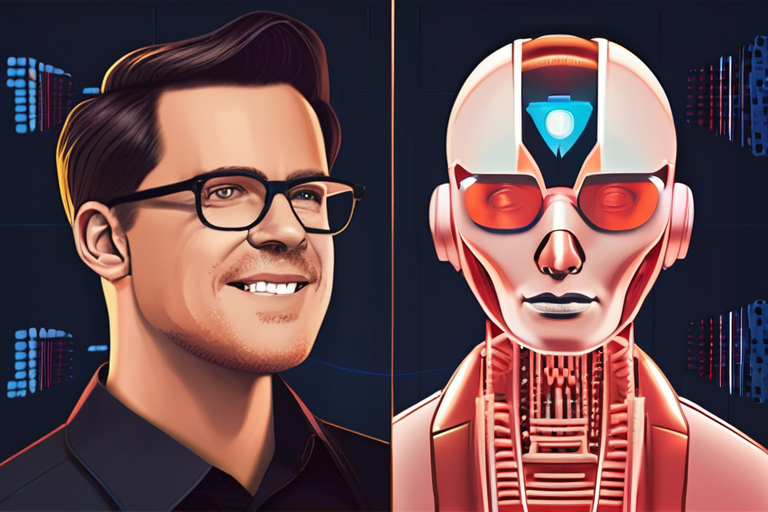


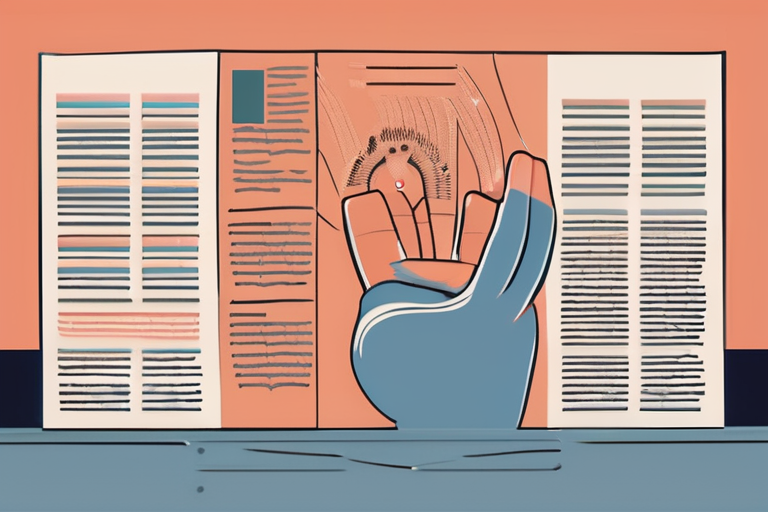
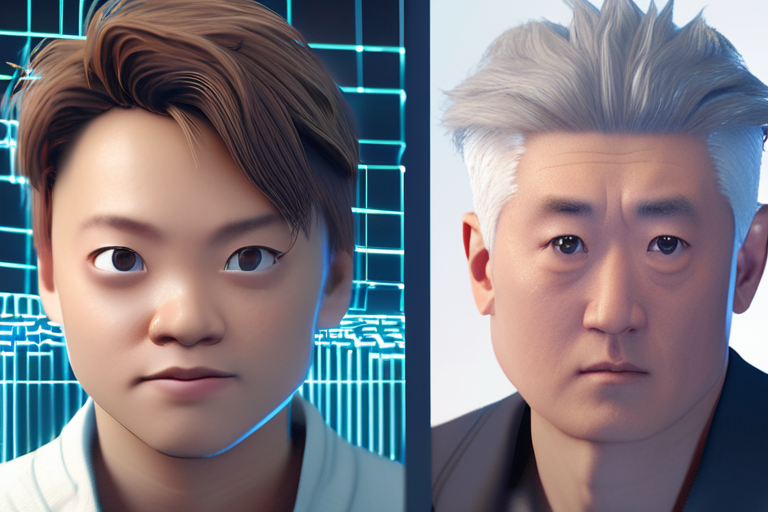
Share & Engage Share
Share this article